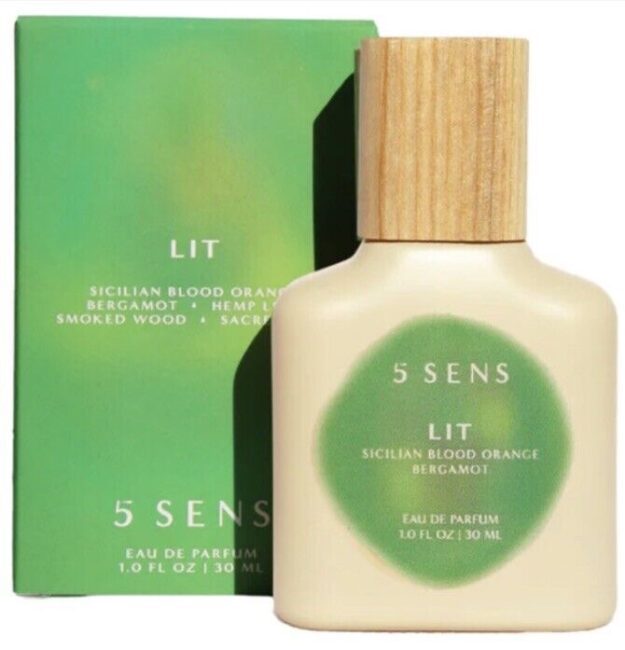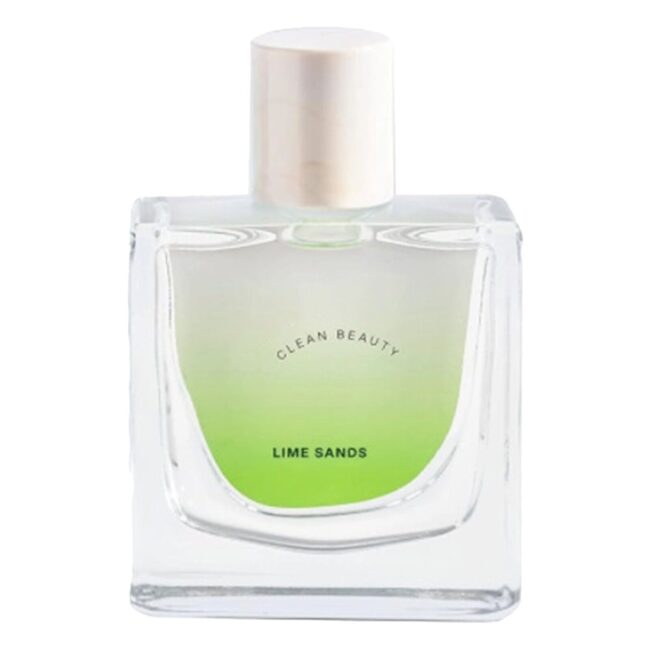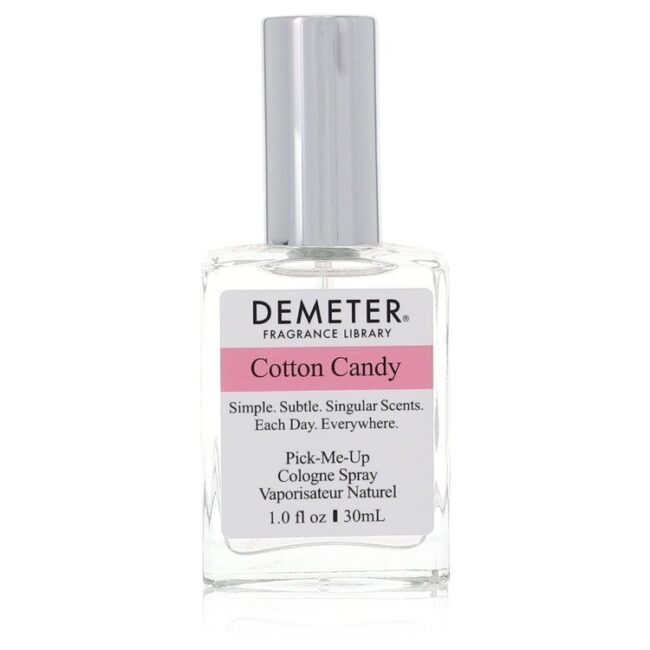Best Perfume For Sensitive Skin
Finding the best perfume for sensitive skin can be tricky, so we’ll look into why some people react to perfume scents and give you some options for choosing the right ones.
You’ve probably experienced it before when you spray on a new perfume, and instead of basking in the sweet scent, you’re met with itching or a rash. If this sounds familiar, you’re not alone. Many struggle to find a perfume that won’t irritate sensitive skin. But why is this important?
Let’s dive into the critical reasons behind this quest.
Being sensitive to perfume can significantly impact one’s daily life, as even the slightest exposure to certain fragrances can trigger physical reactions. Individuals sensitive to perfume may experience headaches, nausea, dizziness, respiratory issues, or skin irritation.

Related Article: Skincare Gifts For Her
This heightened sensitivity can make it challenging to navigate social settings, workplaces, or public spaces where fragrances are prevalent. It often necessitates careful selection of personal care products, avoidance of heavily scented environments, and open communication with others about the need for fragrance-free spaces.
Living with perfume sensitivity requires mindfulness and understanding from the individual and those around them to ensure a comfortable and healthy environment.
Sensitive skin isn’t just another beauty buzzword; it’s a concern for many people. Applying the wrong perfume can lead to discomfort, redness, and reactions, disrupting skin health and personal well-being. So, choosing the right perfume is about smelling good and feeling good.
Understanding the link between skincare and scent preferences is crucial, particularly for those with reactive skin. Perfumes aren’t simply fashion statements; they interact with our body’s largest organ — the skin. A wrong choice can trigger an immediate allergic reaction or even contribute to long-term skin issues.
According to experts, perfume allergies are on the rise due to increased exposure and the use of complex scent compounds. Dermatologists and allergists are seeing more patients with fragrance sensitivities, highlighting the importance of mindful perfume selection. It’s not just about avoiding irritants; it’s about nurturing your skin with the right ingredients.
In the next section, we’ll discuss what to look for when choosing a perfume for sensitive skin. We’ll also discuss the ingredients that make a scent gentle, how hypoallergenic perfumes are crafted, and whether these skin-friendly options come with a higher price tag. It’s time to arm yourself with knowledge and say goodbye to those pesky irritations.
Related Article: Skincare Routine For Men
Key Considerations When Choosing Perfumes for Sensitive Skin
We’ll learn about the delicate balance between appealing scents and skin safety. Choosing the right perfume for sensitive skin isn’t just about sniffing out a pleasant fragrance—it’s a careful dance with chemistry and biology.
First on the list is understanding which ingredients are your friends and which are foes. Perfumes free from alcohol, parabens, and synthetic dyes are usually kinder to sensitive skin. Instead, look for perfumes with natural or hypoallergenic components. These are less likely to provoke an adverse reaction.
What goes into making hypoallergenic perfumes? These fragrances are crafted with stringent guidelines to reduce potential skin irritants. The process involves selecting ingredients unlikely to cause allergies and testing them thoroughly.
Don’t be misled by attractive packaging and clever marketing terms like ‘natural’ and ‘for sensitive skin’. Always read the labels and research the brand to ensure their claims hold up to scrutiny. Online forums and reviews can be a goldmine of information here.
I’m here to help you with tips from dermatologists that you should acknowledge. Choose something that resonates with you but doesn’t compromise your well-being. Do a patch test, opt for Eau de toilettes (which generally have a lower concentration of fragrance oils), and consider fragrance-free options if your skin is particularly reactive.
Are these speciality perfumes more expensive? Well, not necessarily. Price isn’t an indicator of a perfume’s suitability for sensitive skin. However, research and quality ingredients in hypoallergenic perfumes can sometimes boost the price tag.
Related article: Buying Cheap Perfume Will Cost More
Don’t worry too much about the cost at first. Start with samples and go from there. Remember, your health is an investment.
Navigating Perfume Allergies: Practical Advice and Long-term Strategies
So you’ve found that your skin doesn’t get along with every perfume out there. Don’t worry too much. It’s a common issue, and I’m here to help you with some practical advice and long-term strategies to manage perfume sensitivities.
Firstly, if you’ve experienced an adverse reaction, it’s crucial to recognize the signs early. Look out for symptoms such as itching, redness, or hives where you’ve applied the fragrance. It might also include sneezing or a runny nose if you have a respiratory response.
Your immediate reaction should be to wash off the offending scent with soap and water. Avoid scrubbing your skin raw; gentle removal is best. In most cases, this will alleviate the reaction, but if symptoms persist or escalate, it’s vital to consult a medical professional.
We recommended carrying out a patch test before fully embracing a new fragrance. Apply a small amount of perfume to a discreet area and wait 24 hours. No reaction? You’re likely good to go. Remember to keep your receipt because if you have a delayed reaction, you’ll want to return the product if the fragrance isn’t suitable for your skin.
Long-term, choose something that resonates with you and your skin. Maintain a list of irritant ingredients you are allergic to, and steer clear of them. Consider fragrance-free products or those labelled hypoallergenic, though be mindful that ‘hypoallergenic’ isn’t a guarantee against reactions.
Hypoallergenic Perfumes from Leading Brands
Clinique: Known for its dermatologist-tested and allergy-tested skincare products, Clinique also offers fragrance options that are hypoallergenic and suitable for sensitive skin.
The Body Shop: The Body Shop offers a range of fragrances made with natural ingredients and without harsh chemicals, making them suitable for individuals with sensitivities.
5 SENS: At 5 SENS, they offer perfumes designed for sensitive skin, created by our founder, who developed allergies to perfumes. She sought a solution and established a brand for others facing similar challenges.
Skylar: Skylar is a brand that specializes in hypoallergenic perfumes. These perfumes are formulated to minimize the risk of allergic reactions and skin irritations. Skylar’s products are free from common allergens such as phthalates, parabens, and sulfates, making them suitable for sensitive skin or fragrance sensitivities.
Lavanila: Lavanila offers a line of fragrances made with natural ingredients and free from harsh chemicals, parabens, and phthalates, making them suitable for sensitive individuals.
Demeter Fragrance Library: Demeter offers various single-note fragrances and simple blends, often made with natural ingredients, that are less likely to cause allergies than complex perfumes.
Demeter Cotton Candy by Demeter Cologne Spray 1 oz for Women
The Honest Company: Known for its commitment to using safe and non-toxic ingredients, it offers a selection of hypoallergenic and dermatologist-tested fragrances.
Phlur: Phlur specializes in clean fragrances made with responsibly sourced ingredients and without common allergens, making them suitable for sensitive individuals.
Pacific Perfumes: Pacific Perfumes creates fragrances inspired by nature, using natural and sustainably sourced ingredients and avoiding synthetic fragrances and harsh chemicals.
Lastly, if you consistently experience issues, seek advice from an allergist or Doctor who can perform thorough testing, as this will identify specific compounds you should avoid. It’s about enjoying scent without worry, so take control, be informed, and don’t let allergies dictate your choices.
Related Article: Celebrity Skin Care Products
Conclusion
While the allure of fragrances is undeniable, individuals with sensitive skin must be cautious in their selection of fragrances. Understanding one’s skin sensitivities and opting for hypoallergenic or fragrance-free alternatives can significantly mitigate the risk of adverse reactions.
Additionally, performing patch tests and consulting dermatologists can provide invaluable guidance in finding suitable products. With careful consideration and informed choices, individuals can enjoy the pleasure of perfumes without compromising the health and comfort of their sensitive skin.
Related Article: Best Perfume For Women Over 40
Are you searching for a fragrance that won’t irritate your skin or senses? Do you crave the gentle flicker of a candle to enhance your space? Are you eager to dive into insightful blogs on all things scent-related?
Join our newsletter community and unlock a world of soothing scents and enlightening content tailored just for you:
Latest Candles: Be the first to explore our newest candle releases, each meticulously crafted to bring warmth and ambience to your home.
New Blogs: Dive into our curated selection of blogs, where we explore the art and science of fragrance, share tips for creating the perfect atmosphere, and discuss the latest trends in the world of scent.
Current Offers: Stay informed about special offers on FM fragrances!
Love Writing Blogs? Turn Your Passion into Profit!
If you enjoy sharing your thoughts through blogging, why not make it a business? By joining Wealthy Affiliate, you’ll get access to tools, training, and a supportive community to help you build and grow your website. Whether you’re a beginner or a seasoned writer, Wealthy Affiliate makes it easy to turn your words into income.
Click the box to start your blogging journey today!







